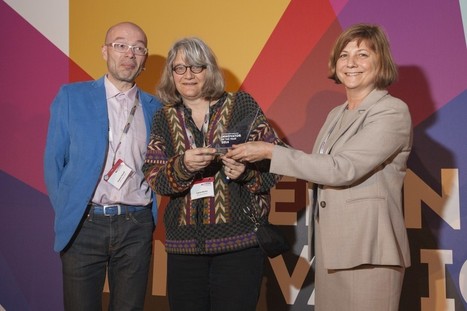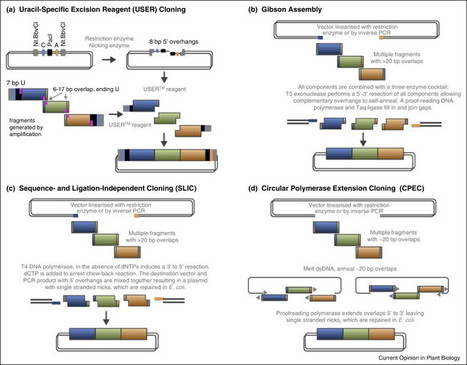Your editorial "There's no choice: we must grow GM crops" (Comment) attempts to draw a direct and compelling link between the starvation of future generations and GM technology. In fact, the link is tenuous at best and irrelevant at worst. We can't even prevent starvation now, when there is plenty of food, because the framework of world trade pulls in the opposite direction towards widening the gap between rich and poor. To change this requires political will on a world scale and this is where our first efforts should lie.
Beyond that, a significant reduction in cereal-fed meat production would release a lot of food for human consumption and probably produce health benefits as well. GM science may well produce some valuable gains, but products must face a severe testing regime, not just for human health, but, above all, for their potential damaging interaction with our natural delicate ecosystems.
Such a science in the hands of short-term profit seekers is unlikely to contribute to the solution of feeding the nine billion in 2050. We need to take a much wider view.
Philip Thornley
St Weonards
Hereford
Argentina, which once possessed one of the richest agricultural soils in the world, is facing soil depletion, soil structure degradation and initial desertification from growing GM crops. The situation in regard to GM crops in the US is not as rosy as your leader implies. The New York Times's Mark Bittman writes: "To date… the technology has been little more than an income-generator for a few corporations desperate to see those profits continue regardless of the cost to the rest of us, or to the environment."
John Little
Bigbury on Sea
Devon
I'm writing to you to express my admiration for your editorial. You built your case on clear-headed and logical thinking. For too long, the issue of breeding enhanced crops through genetic engineering has been dominated by well-meaning, but scientifically illiterate people. Their cacophony has drowned out rational discourse. There have been two particularly unfortunate consequences of this hysteria.
First, research progress has been greatly slowed down, meaning crop improvement will now take longer. Second, a multitude of hurdles have enabled a small number of very large companies to dominate the market. This is particularly sad, since most of the discoveries that enabled these advances were made in publicly funded universities.
Philip Wigge
Sainsbury Laboratory
Cambridge University
The assumption that only GM crops will feed the world represents a position contested by scientists, food producers and civil society groups everywhere. Politicians must not swap due diligence for evaluation that prioritises speed over substance. Ministers ignore contrary evidence, such as the report from the International Assessment of Agricultural Knowledge, Science and Technology for Development, which involved more than 400 international scientists. The government, instead, supports pro-GM corporations, such as Syngenta and Monsanto, which set profits before the needs of the poor.
The answer to global hunger is agroecology and access to land – not a technical "solution" that has brought thousands of Indian farmers' suicides.
Via
Christophe Jacquet
 Your new post is loading...
Your new post is loading...
 Your new post is loading...
Your new post is loading...













